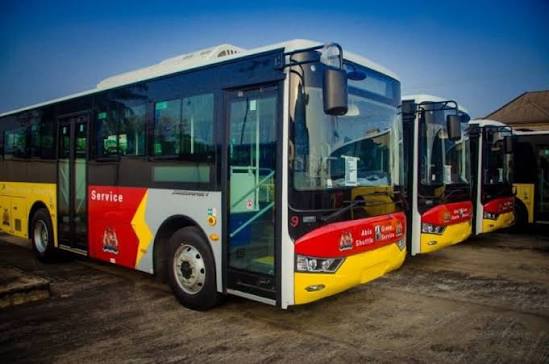The drop in the nation’s crude oil production and exports largely in recent months may have drastically worsened the inability of the Nigerian National Petroleum Corporation to meet its cash call obligations to its joint venture partners.
About $1.8bn has been computed as the total amount of the corporation’s unpaid bills to the JV partners between January and February this year.
The nation’s oil and gas production structure is majorly split between joint ventures onshore and in shallow water with foreign and local companies and production sharing contracts in deepwater offshore.
The NNPC owns between 55 per cent (for the JVs with Shell) and 60 per cent (for all others) and the JVs are jointly funded by the oil majors and the government through the corporation.
Following the recent upsurge in militant attacks on oil and gas facilities in the Niger Delta, oil production in several oil wells has been disrupted, leading to the suspension of exports of some crude oil grades.
A document obtained by our correspondent on Friday showed that the NNPC paid a total sum of $1.09bn from January to April this year, as against $2.85bn expected to be paid for the period.
The NNPC is expected to pay $712.46m to its JV partners monthly for the development of the oil and gas assets, translating into $8.55bn for the year, up from $7.39bn in 2015.
Last year, the corporation recorded a shortfall of $3.3bn in its cash call obligations as it was only able to pay $4.13bn to the JV partners.
An industry source put the cash call yet to be paid by the NNPC to its JV partners at $7bn.
The source said as of January this year, about $5.5bn cash call arrears had not been paid to the International Oil Companies, while $1.1bn was owed to the indigenous companies, with an additional $400m estimated as being unpaid between January and May.
The funding problem, which has lingered for over two decades, has been exacerbated by the steep fall in global oil prices, thus driving down the country’s earnings from the commodity, its major revenue-earner.
Production from the JV assets has over the past few years seen a significant decline, partly due to funding constraints occasioned by the NNPC’s inability to meet its share of cash call obligation.
The Head of Energy Research, Ecobank Capital, Mr. Dolapo Oni, said, “The funding problem is affecting investment in new fields and we need those fields to be able to sustain production at two million barrels per day, after we resolve the security issue in the Niger Delta.
“We need to consider reducing our stakes in some of those fields by allowing other private companies to come in to fund them. We need to consider the option of listing those JVs so that we can raise funds on the stock exchange. Those are the key options.”
Source: Ezekiel Enejeta





Leave a Reply